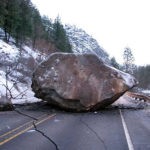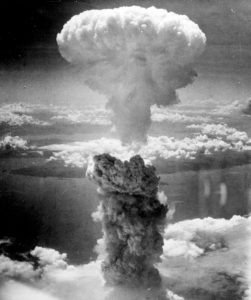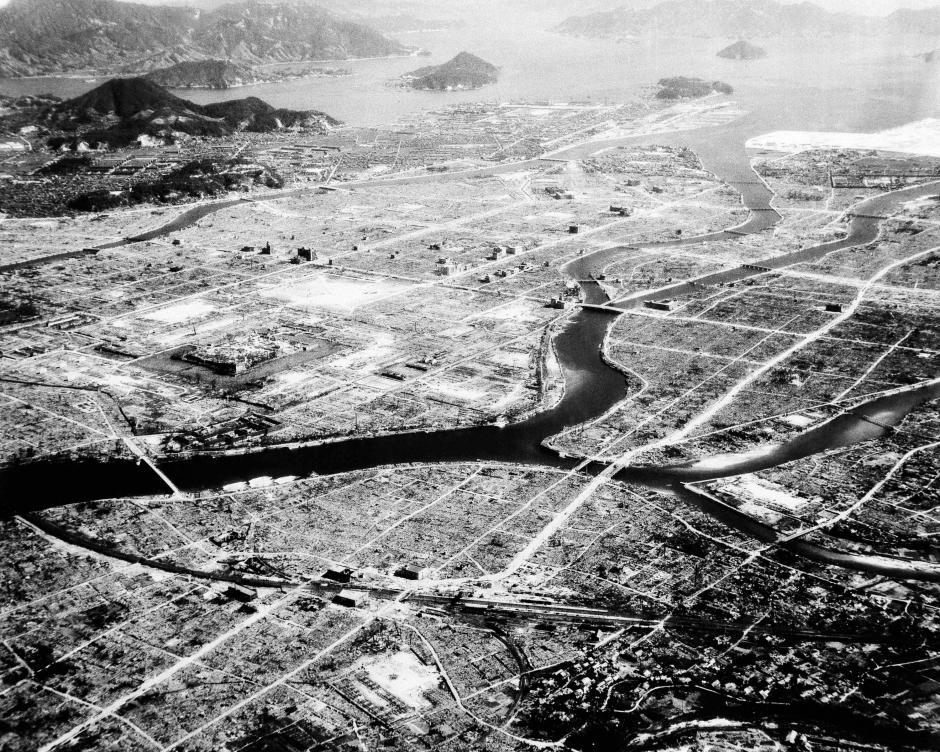 Those barriers which hinder or obstruct our progress can be called the primary impediments to creating a republican form of socialism. By republican socialism I mean a version of popular government that has impartial, open elections with results that can be verified as the actual will of the people, not a gerry-rigged farce that has excluded many of the countervailing forces that democracy encourages. The socialist element comes from the fact that socialist leaning voters of many strips see the redistribution of the benefits and amenities of a complex modern economy as pieces in the negotiable social contract that determines who our representatives are and how the fruits of our labors are apportioned through taxes and programs that are created to benefit everyone. The cant and lie of the current formula is that ‘the job creators’ or the investment and banking elements deserve the bulk of society’s wealth as they are, to use the old rubric of the Chinese imperial dynasties, ‘the masters of the earth’. Under that system those arrangements would continue to apply as long as the leadership enjoyed ‘The Mandate of Heaven’, which usually came to mean that as long as there was stability and the sense of forward progress and social order, the group in charge should continue to rule. In the United States today it’s apparent our masters have lost their mandate. It is our task to replace them by way of the ballot box.
Those barriers which hinder or obstruct our progress can be called the primary impediments to creating a republican form of socialism. By republican socialism I mean a version of popular government that has impartial, open elections with results that can be verified as the actual will of the people, not a gerry-rigged farce that has excluded many of the countervailing forces that democracy encourages. The socialist element comes from the fact that socialist leaning voters of many strips see the redistribution of the benefits and amenities of a complex modern economy as pieces in the negotiable social contract that determines who our representatives are and how the fruits of our labors are apportioned through taxes and programs that are created to benefit everyone. The cant and lie of the current formula is that ‘the job creators’ or the investment and banking elements deserve the bulk of society’s wealth as they are, to use the old rubric of the Chinese imperial dynasties, ‘the masters of the earth’. Under that system those arrangements would continue to apply as long as the leadership enjoyed ‘The Mandate of Heaven’, which usually came to mean that as long as there was stability and the sense of forward progress and social order, the group in charge should continue to rule. In the United States today it’s apparent our masters have lost their mandate. It is our task to replace them by way of the ballot box.
Toward that end and purpose we need to be more clear as to the program that we wish to see enacted. The basics, which as I stated in my last post, include safety of ones’ person, healthcare, food and housing, education and a means of work or livelihood; in short, both survival and a meaningful existence are all valuable and doable as social goals and should not be too big of a burden for the political system to engineer. They are low hanging fruit if we have the will to do it. They are prerequisites to achieving the next absolute levels of necessities, such as dealing with climate change and species die-off, war and nuclear proliferation, authoritarian usurpation at home and imperial adventures abroad. How in the world can we Americans be able to do the great things that history at this moment is asking of us if we cannot even discuss these matters in the public forum and then put them to a vote in our elections and by our representatives in our legislatures and by our justices in our courts ? We have been resting on our laurels and enjoying the successes of our forbearers . . . we need to guarantee equality for women, insure the peoples’ right to vote, create and repair great public works, and, as Rev. ML King noted in his most famous speech, honor the promissory note that our founders put forth in The Declaration of Independence and The Constitution, that of equality, opportunity, and the rule of law.

 The Atomic Bomb was born during World War II, first tested in July, 1945, and then dropped on two Japanese cities, Hiroshima and Nagasaki on August 6 & 9, quickly leading to the end of the war.
The Atomic Bomb was born during World War II, first tested in July, 1945, and then dropped on two Japanese cities, Hiroshima and Nagasaki on August 6 & 9, quickly leading to the end of the war.